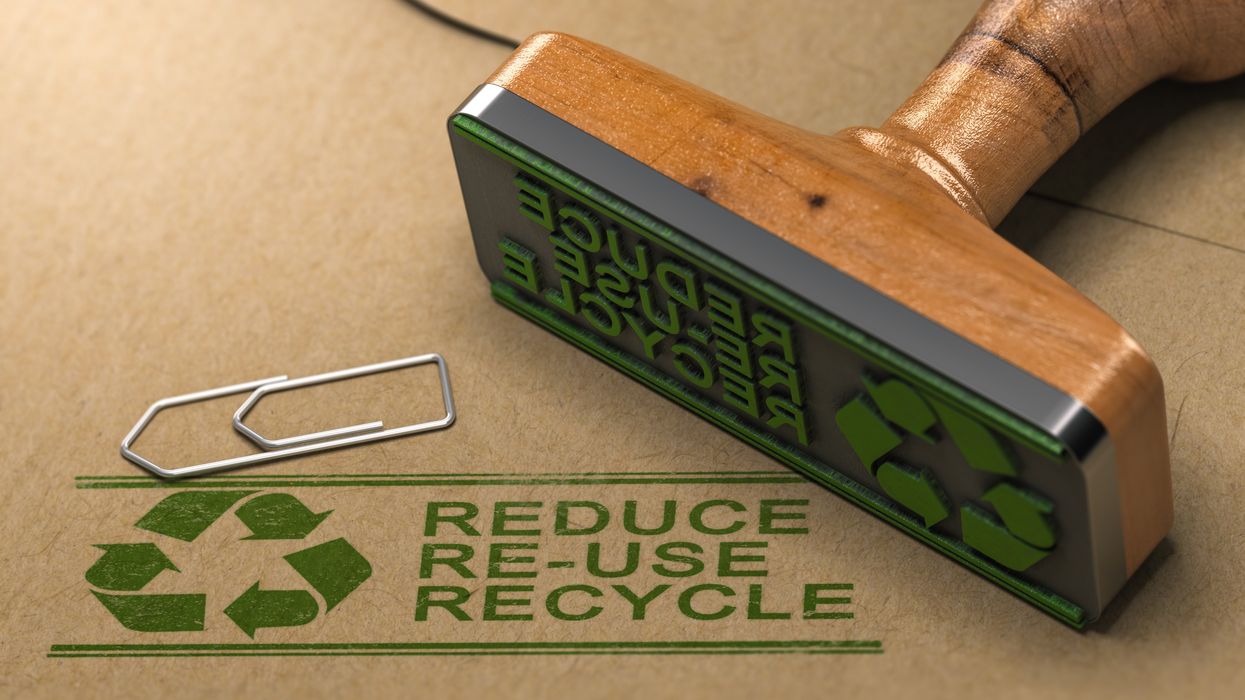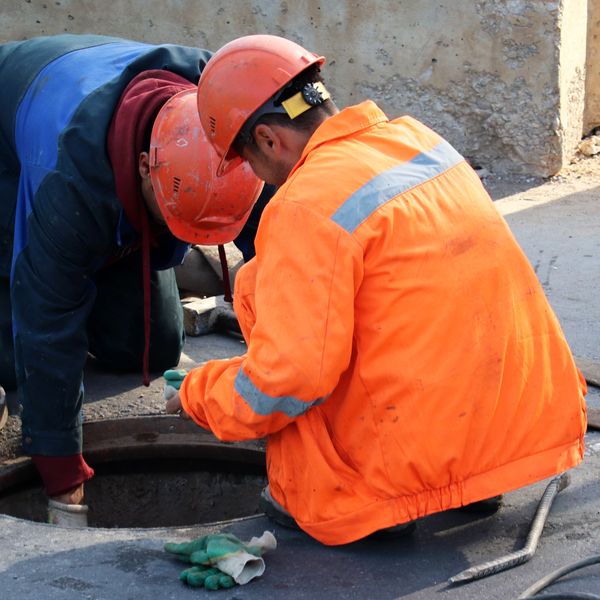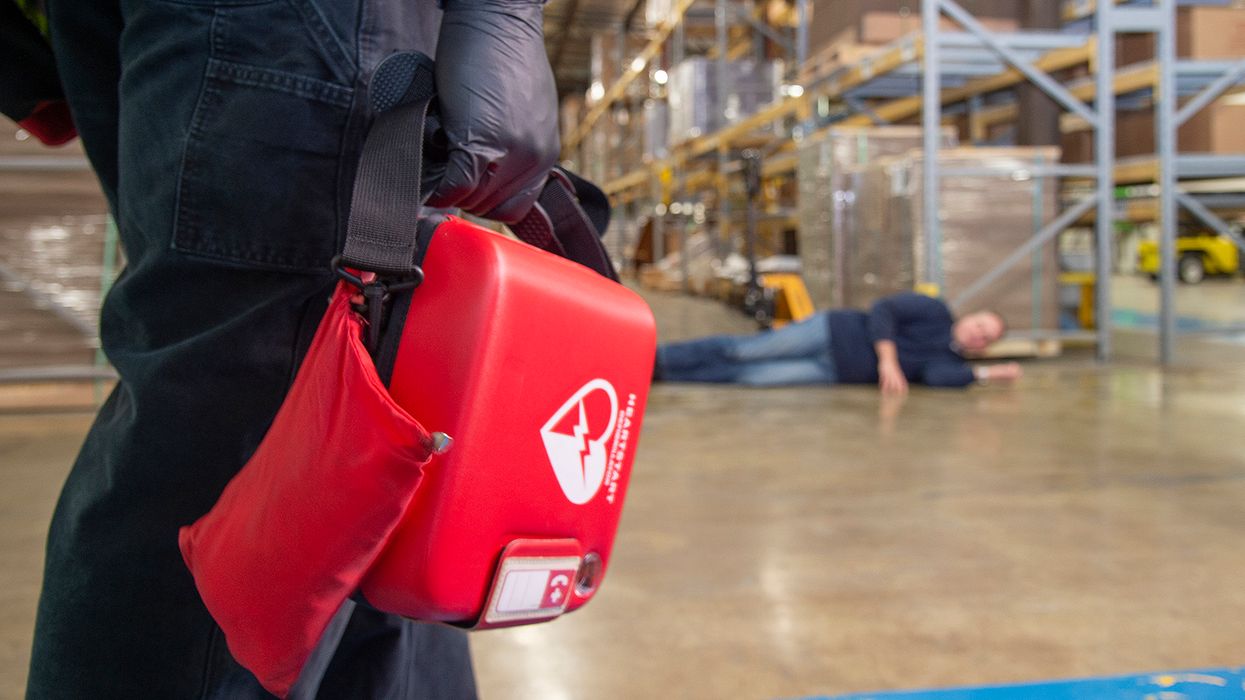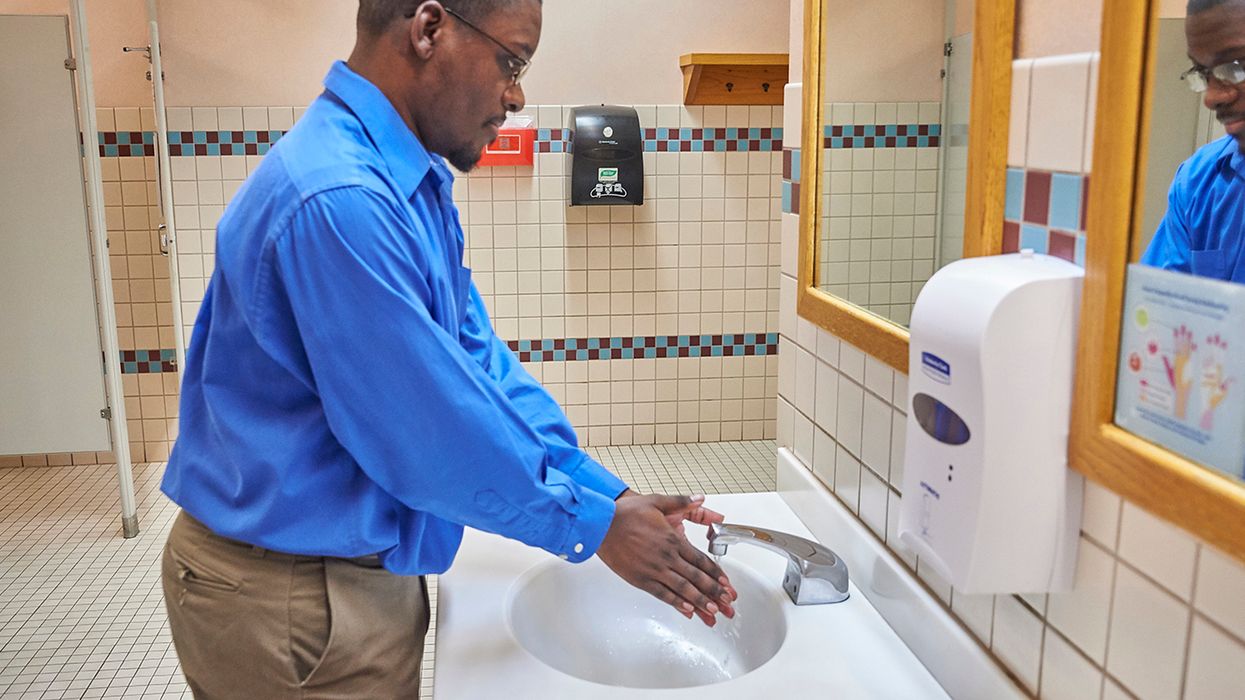Presidential grants mark the largest recycling investment in 30 years
As of November 17, 2022, $100 million in grant funding is available for recycling infrastructure, education, and outreach projects nationwide. These grants are funded by President Biden’s Bipartisan Infrastructure Law. In total, the law invested $375 million in funding for new recycling, reuse, and waste prevention programs, the largest investment in recycling infrastructure to the Environmental Protection Agency (EPA) in 30 years.
EPA is seeking grant applications for the Solid Waste Infrastructure for Recycling (SWIFR) Grant Program and the Recycling Education and Outreach (REO) Grant Program. Interested applicants must submit applications through grants.gov. The application submission deadline for both programs is January 16, 2023. The likely start date for funded projects is October 2023. All project activities must be finished within the agreed upon project performance period of three years.
The SWIFR Grant Program has:
- $30 million in funding available for states, territories, and the District of Columbia to advance solid waste management planning, data collection, and program implementation; and
- $40 million in funding available for counties, cities, towns, parishes, and similar units of government to fund projects that advance post-consumer materials management and infrastructure, including collection, transport, systems, and processes related to post-use materials that can be recovered, reused, recycled, repaired, refurbished, or composted.
The REO Grant Program has:
- $30 million in funding for projects to improve consumer education and outreach on waste prevention, reuse, recycling, and composting. These education and outreach grants to states, Tribes, territories, local governments, and other organizations hope to lower waste generation, cut contamination in the recycling stream, and grow recycling rates nationwide.
Increasing recycling decreases climate, environmental, and social impacts of materials use, and keeps valuable resources in use instead of in landfills. For a long time, municipal solid waste management has suffered from a lack of investment. Some communities that do not have proper waste management infrastructure lack curbside waste collection services, recycling, or composting programs, which furthers the burden on landfills, cuts their capacity, and increases greenhouse gas emissions. These grants hope to help partially remedy these issues.
Key to remember: Grant applications are open for the Solid Waste Infrastructure for Recycling Grant Program and the Recycling Education and Outreach Grant Program.

















































